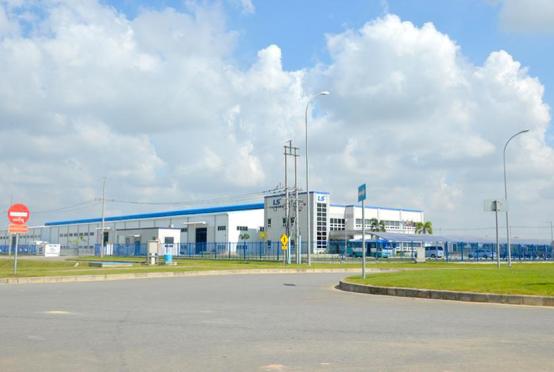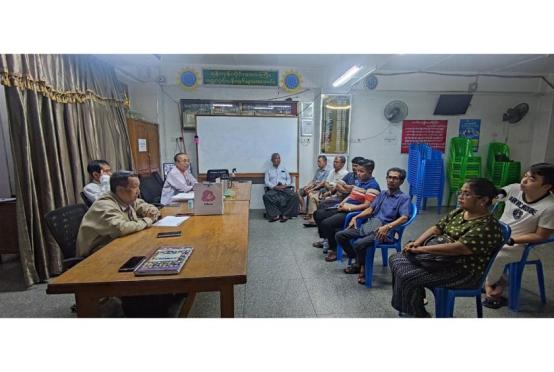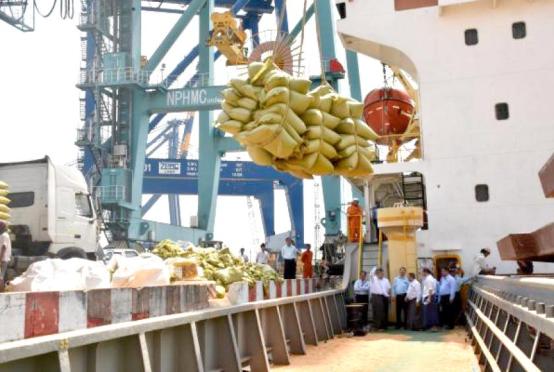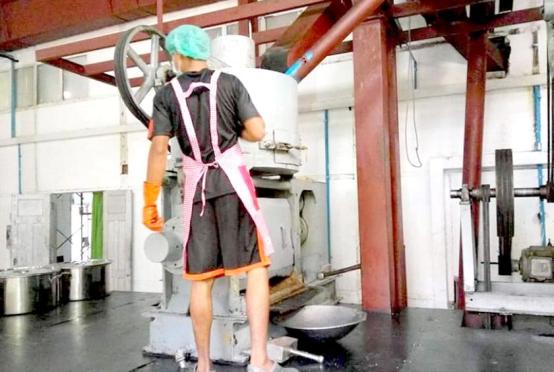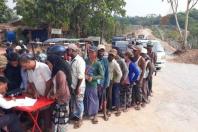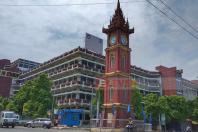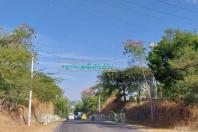by Editorial Desk
KUALA LUMPUR Malaysia (Sin Chew Daily/ ANN) - For people at large, especially those from lower income group to feel the benefits of economic growth, economic policies are to be `inclusive growth` oriented instead of ethnic-based.
Despite Malaysia achieves high speed economic growth in 1970s and its average economic growth rate is higher than other developing countries, the gap between city development and income of Malaysians remains huge.
For instance, based on Economic Affairs Ministry data, the average gross domestic product (GDP)of Malaysian is about RM45,000 (US$10,922) but only RM14,000 (US$3,398) in Kelantan, which is 70% lower than the national level. A point worth taking note is the bottom five states in terms of GDP - Kelantan, Kedah, Perlis, Sabah, Terengganu are all located in northern Peninsula Malaysia except for Sabah. These are strong hold of Umno and PAS.
In addition, although Malaysia has virtually eliminated absolute poverty today (the United Nations Millennium Development Goals define a daily living cost of less than US$1 or the inability to sustain survival as the absolutely poor), the overall poverty situation has improved substantially and is no longer so common. However, the low-income groups who live in relatively poverty are slower and lagging behind compared to other high-income and middle-class families in society, both in terms of average income growth and upgrade in material life. This is especially so in terms of average income growth. The bottom 40% of households (B40) have the slowest growth, and only the top 20% of households (T20) have the strongest income growth, which is also a sign of the widening gap between the rich and the poor.
If high-speed economic growth in the past does not ensure that the entire population can benefit from the growth, the income of low-income groups cannot be relatively increased at the same time, or the income growth rate is not equal to the rising cost of living expenses, or the government subsidies have not been able to benefit the vulnerable group No matter how nice the economic figures are, they lose significance if people do not enjoy the gain.
Reducing the income gap between low-income group and other income groups by improving their standards of living will inevitably become the top priority of the economic orientation of the Pakatan Harapan Government. As for how to reduce the living expenses of low-income families, increase disposable income and savings, this depends on the promotion of “inclusive growth”.
The concept of “inclusive growth” was first proposed by Asian Development Bank economists Ifzal Ali and Zhuang Juzhong in 2007. It advocates sustainable development of high economic growth and improvement of people's lives and ensure that development is sustainable. The opportunities and fruits of economic development must be able to be enjoyed by more people, distributed more equitably and fairly, and the disadvantages in society must be better equipped with a better life safety net. More importantly, the country should not blindly pursue the number of economic growth, do whatever it takes to promote the economy and ignore the coordinated development of society and the environment in the process.
In fact, this concept also appeared in the “New Economic Model” introduced by Najib Tun Razak in 2010 – its three main objectives are to cover high income, inclusiveness and sustainability in order to replace the old economic policy. However, the Najib government later faced a strong internal dissent and the plan did not come through.
Now, the president of Parti Keadilan Rakyat, Anwar Ibrahim, in the "Malaysia Economy: Now and the Future" seminar held at parliament last week, stated that the new economic policy of the Pakatan Harapan government will no longer be based on race, but must be more inclusive. The new policy would be based on demand, thereby narrowing the development of the different ethnic groups and regions and the gap between the rich and the poor. Unlike Najib, Anwar has repeatedly stressed that there will be no compromise in promoting economic reform. Voters who vote for Pakatan Harapan would not accept old policy packaged in new names.
Therefore, the Pakatan Harapan government faces a major challenge on how to maintain the momentum of national economic growth while ensuring that the economic policies and development results are socially inclusive and equitably distributed, so that people feel that they benefit from the new policy.

